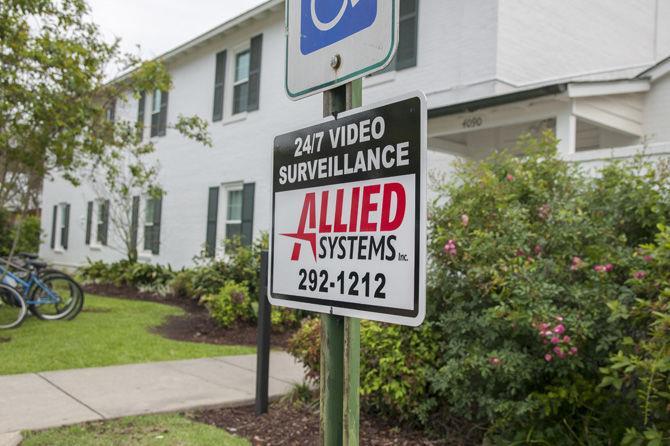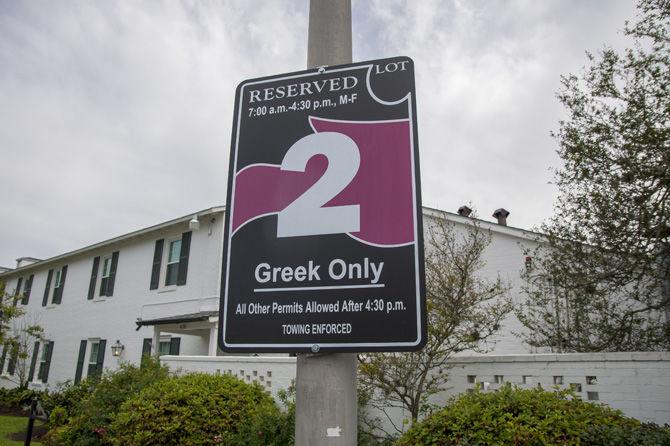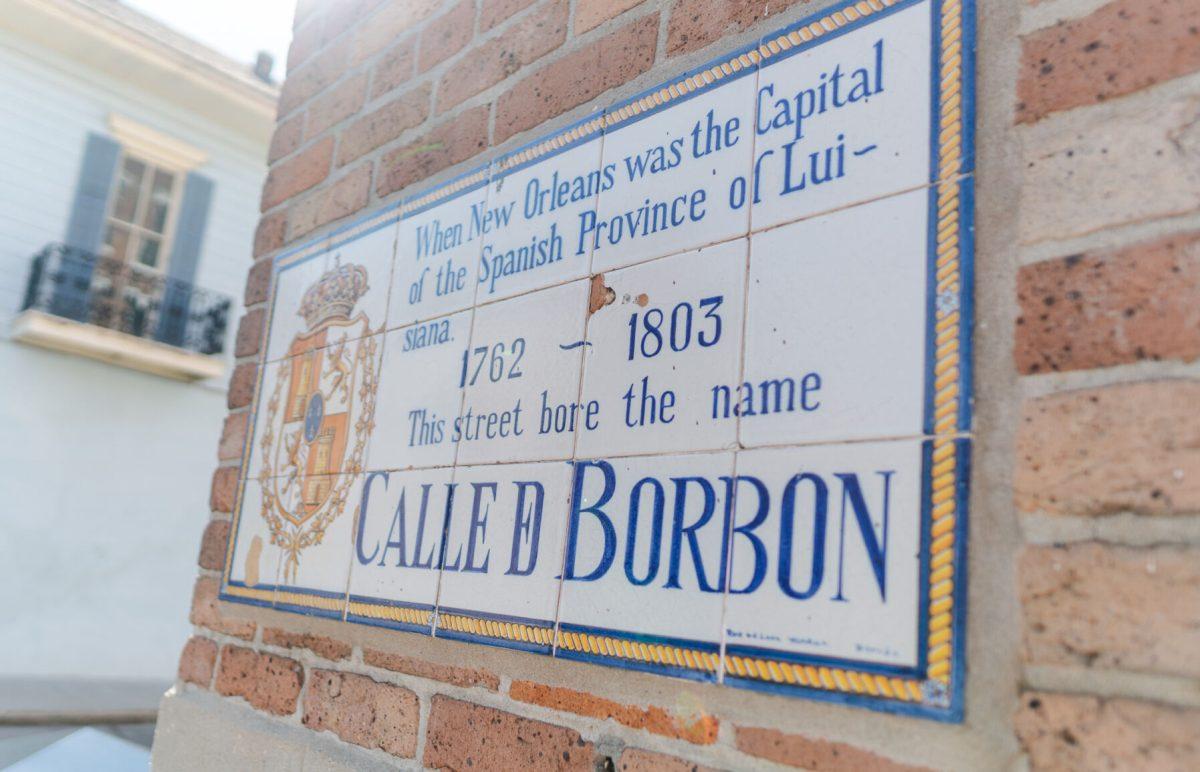At nighttime near the sorority houses on West Lakeshore Drive, street lights attempt to shed light beneath the University’s stately oak trees. There, along the LSU lakes, thousands of students pass throughout the day and night. But now, some University students are a little less willing to make an evening trip through the Greek life area.
On March 15, a University student was reportedly kidnapped and raped near the Kappa Kappa Gamma sorority house. The suspect, Frank Herrera Jr., was subsequently arrested on March 17. The charges Herrera was booked on include second-degree rape and second-degree kidnapping.
The incident has caused significant concern with University students and local organizations alike. Since the incident, many students, like psychology freshman Alexis Kern, said they are even more wary of walking in the area in the late evening hours. Kern said her concern for her safety and that of others’ came long before this recent incident.
“Even before this incident happened, I have never felt safe,” Kern said.
Being a lifelong resident of Baton Rouge, and experiencing the University’s campus before coming to college as a student at the Louisiana State University Laboratory school, Kern said her concern reaches beyond the boundaries of the University.
“It’s not even just campus, it’s just anywhere in Baton Rouge,” Kern said. “I have always felt like this.”
Kern makes the trip between her dorm hall and the sorority area quite frequently. However, she said she hasn’t walked alone in the area, at nighttime, since hearing the news.
“I am in a sorority, and so every week we have our sorority meetings at night,” Kern said. “We always walk together, for sure. But now I make sure that I’m with someone. Other than that, I haven’t been to the sorority house, like I used to, at night … especially in that area.”
Students are not the only ones concerned with personal safety around the area in light of the recent incident. The Greater Baton Rouge Alumnae Panhellenic Association, an alumnae organization that represents all 26 sororities within the greater Baton Rouge area, has also voiced its concern. Marie Brock with the Panhellenic Association said in an email that the group will take any action it can in assisting to find on-campus safety for students.
“We are deeply concerned about the incident at LSU,” Brock said. “… (We) will certainly do or participate in anything we can do on any measures that LSU or the Greek organization would ask of us.”
The University, along with LSUPD, has looked to promote multiple crime-reducing student resources in wake of the incident, including the LSU Shield Application. The app, which is free to download on any Android or Apple device, acts as a miniature “call box,” according to LSUPD spokesperson Lt. Kevin Scott.
When any person in East Baton Rouge Parish calls 911, the call is directed to the East Baton Rouge Emergency Medical Services, or EMS. The call is then processed to determine the specific location of the call. If the call is applicable to the University’s campus, EMS will then call LSUPD to respond. This process can take anywhere between 30 to 90 seconds, Scott said.
But with the LSU Shield app, every phone with the app becomes an instant emergency communicator, Scott said. When a user sends an emergency alert, the app instantly notifies emergency contacts that are pre-identified by the user and LSUPD. Scott said with the app, police could possibly be at your location before being notified by EMS.
“It could take upwards of 30 seconds to 90 seconds to make that determination if it is applicable to LSU property,” Scott said. “In that time, LSU Police could actually be at your emergency.”
Scott added that for students, there is one major key in preventing crime in the first place. Simply being attentive and aware of your surroundings, especially at night, can help in deterring opportunistic crimes.
“Often times, our students are distracted by the wonderful mobile device,” Scott said. “The No. 1 thing we ask people to do is be vigilant, be aware of their personal safety.”
While LSUPD looks to improve its policy in preventing and mitigating on-campus crime, Scott added that the University’s campus is not immune to the external factors that lie on its outskirts.
“We do not live in a bubble,” Scott said. “We do not live in an isolated community where crime doesn’t occur. We are not immune. I wish we were. We do everything we can as police, as a community, to create a bubble. But, at the end of the day, we are not immune.”









